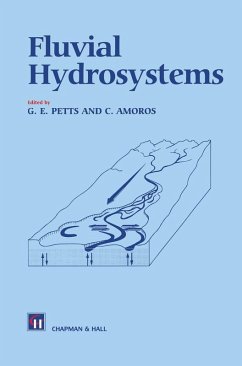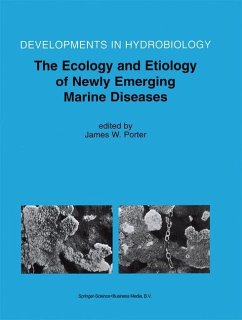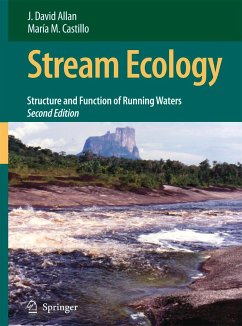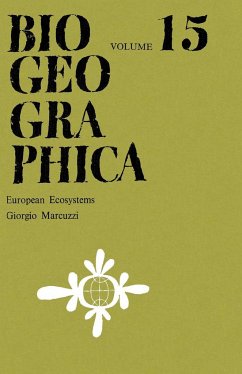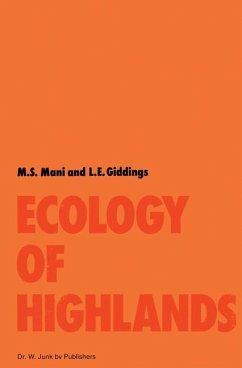
Fluvial Hydrosystems

PAYBACK Punkte
58 °P sammeln!
Fluvial Hydrosystems provides a unified approach to the study of running waters and aims to provide a scientific basis for sustainable management of rivers. It differs from traditional texts in viewing rivers as structured, four-dimensional systems and integrating ecological and geomorphological approaches to provide a holistic perspective on river dynamics. Advanced students of geomorphology, ecology, environmental science, land use and civil engineering will all benefit from this wide-ranging and stimulating textbook.






